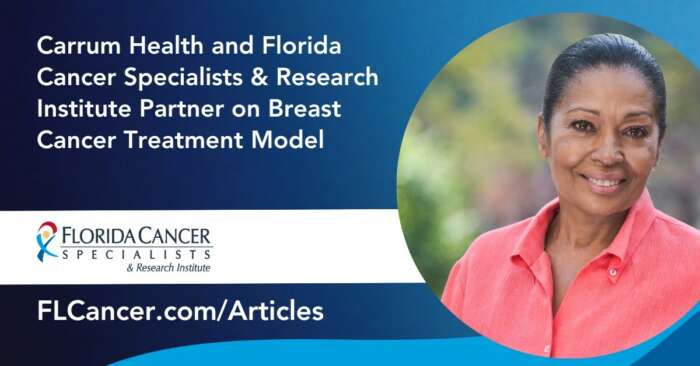The Eunice Kennedy Shriver National Institute of Child Health & Human Development has awarded researchers at Albert Einstein College of Medicine and collaborators at the Children’s Hospital of Philadelphia a five-year, $ 6.7 million grant to study genetics of rare and common congenital heart abnormalities .
“We hope that this project will greatly expand our understanding of the genetic basis of CTDs and lead to novel therapies and preventive strategies for these defects.” – Bernice Morrow director of translational genetics Sidney L. and Miriam K. Olson Chair in Cardiology at Einstein.
Dr. Morrow has appointments in obstetrics & gynecology and women’s health and pediatrics.
The first part of Dr. Morrow’s study will examine occurring in patients with velo-cardio-facial or DiGeorge syndrome. The syndrome is caused by the deletion of a small piece of chromosome 22 known as q11.2.
This deletion can cause a variety of developmental abnormalities, including immune deficiencies, mild craniofacial deformities and behavioral or intellectual disabilities.
The TBX1 gene is largely responsible for physical abnormalities in the disorder. Since the symptoms vary from mild to serious, Dr. Morrow believes that DNA variations in other genes may influence disease severity.
Her continued research funded by this grant will involve tracking down modifier genes and determine interaction. She will be using DNAs from human subjects and mouse models of the syndrome in her research.
In another part of the study, the researchers will examine whether genes involved in 22q11DS also play a role in non-syndromic CTDs. These defects are more common than the CTDs associated with 22q11DS and relevant to a larger number of people.


